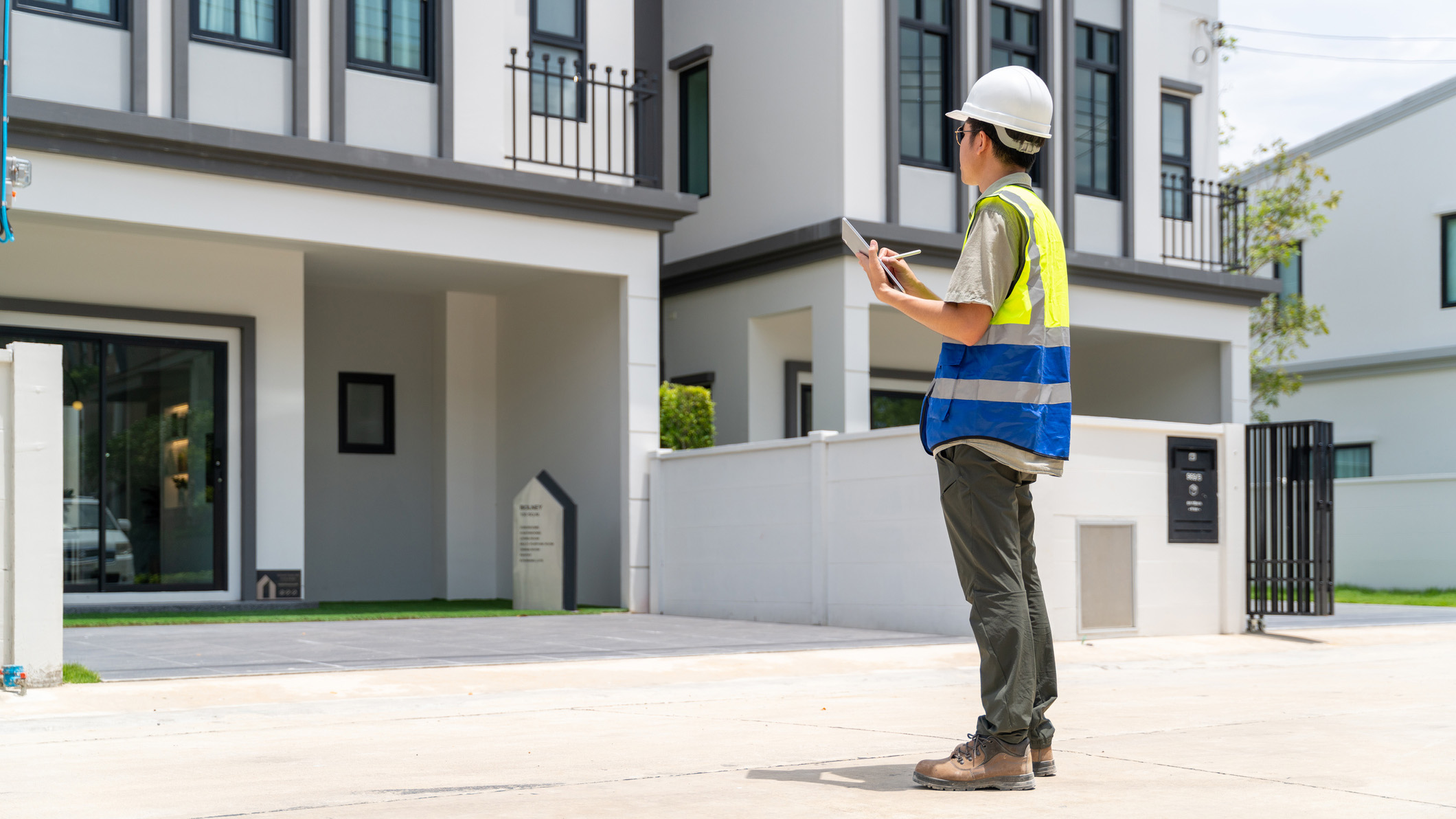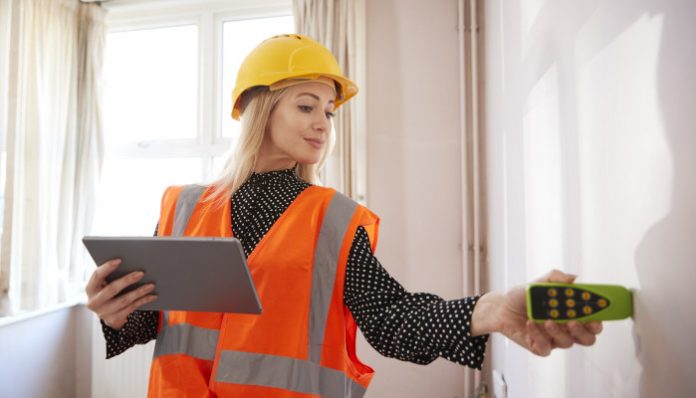Building inspections are an essential part of the home buying process. They help to identify potential issues that may be present in a property and provide buyers with an accurate assessment of the condition of the property. While professional building inspectors are readily available, some homeowners may opt for a do-it-yourself (DIY) inspection. In this article, we’ll discuss the pros and cons of DIY building inspections to help you make an informed decision.
Contents
Pros of DIY Building Inspections
1. Cost Savings
One of the most significant benefits of DIY building inspections is cost savings. Hiring a professional inspector can be expensive, with fees ranging from a few hundred to several thousand dollars, depending on the size and complexity of the property. By performing the inspection yourself, you can save money on inspection fees.
2. Increased Knowledge of the Property
Performing a DIY building inspection can give you a better understanding of the property you are considering purchasing. You’ll learn about the layout, construction, and systems of the property, which can help you make more informed decisions about your purchase.

3. Flexibility in Scheduling
Another advantage of DIY inspections is that you can perform them at your convenience. You won’t have to worry about coordinating schedules with a professional inspector or waiting for an appointment that fits your schedule.
4. Greater Control over the Inspection Process
DIY inspections give you greater control over the inspection process. You can take as much time as you need to inspect the property thoroughly and ask questions as you go. You’ll also have more control over the scope of the inspection and can focus on areas that are of particular concern to you.
Cons of DIY Building Inspections
1. Lack of Expertise and Knowledge
One of the most significant disadvantages of DIY inspections is the lack of expertise and knowledge. Professional inspectors are trained to identify potential issues that may not be visible to an untrained eye. Without the proper training and experience, it’s easy to miss critical details that could impact the safety and value of the property.
2. Potential Liability
Another drawback of DIY inspections is the potential liability. If you miss something during the inspection that later turns out to be a significant issue, you may be held liable for any damages that result. Professional inspectors typically carry insurance to protect themselves and their clients from potential liability, which is not the case for DIY inspections.
3. Time and Effort
Performing a DIY inspection can be time-consuming and require significant effort. You’ll need to invest time in learning about the inspection process, researching potential issues, and physically inspecting the property. Depending on the size and complexity of the property, this could take several hours or even days.
4. Emotionally Charged Decisions
When you’re inspecting a property that you’re considering purchasing, it’s easy to let your emotions influence your decisions. You may be more likely to overlook potential issues or downplay their significance because you’re emotionally invested in the property.
Conclusion
DIY building inspections can be a cost-effective and educational way to learn more about a property you’re considering purchasing. However, it’s essential to weigh the pros and cons carefully before deciding to perform a DIY inspection. If you’re confident in your ability to identify potential issues and are willing to invest the time and effort required, a DIY inspection may be a good option for you. However, if you’re uncertain about your ability to perform a thorough inspection or are concerned about potential liability, it may be wise to hire a professional inspector instead. Ultimately, the choice is yours, but remember that a DIY inspection should never be a substitute for a professional inspection.



